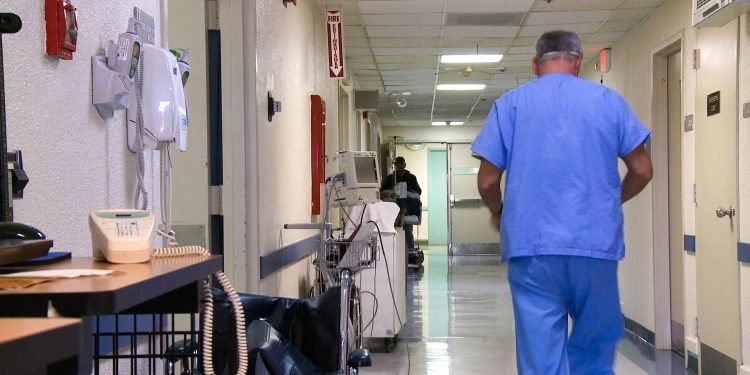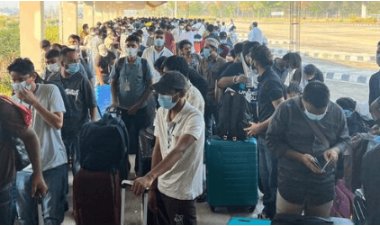Rural Health Education Center Aims to Close Healthcare Disparity
Expanding Arizona AHECs to Improve Rural Healthcare Access

Access to healthcare in rural areas has long been a challenge, with limited availability of providers. The University of Arizona Health Sciences Program is taking steps to address this issue by expanding the Arizona Area Health Education Centers (AHECs) to better serve underserved communities.
Effective July 1, the Center for Excellence in Rural Education (CERE) will become part of the Arizona AHEC, joining five other health education centers in the state. AHEC is a federally funded program aimed at enhancing the supply, distribution, retention, and quality of healthcare professionals in medically underserved regions.
Jennifer Smith, Executive Director of CERE, emphasizes the objective of bridging the healthcare gap by providing students with hands-on experience in rural clinics, hospitals, and primary care facilities, with the hope that they will be inspired to remain in these communities.
"We believe that, like us, they will develop a deep attachment to the community and eventually desire to practice in rural areas," she explained.
In contrast to urban healthcare settings where specialized care may be outsourced to other clinics, rural practices often serve as the sole healthcare providers for community members, sometimes spanning vast distances.
"Think of it as the kind of doctor you would find in the countryside who handles all types of cases," Smith described. "From delivering babies to addressing a troublesome mole on your arm, they handle a wide range of medical needs in rural communities."
Smith cites the example of residents who have to endure an hour-long drive on a dirt road before reaching a freeway, making access to quality care impractical. Limited access to healthcare poses significant risks.
"At the very least, their quality of life will continue to decline due to untreated illnesses. In the worst-case scenario, individuals may actually lose their lives due to unmanaged chronic conditions."
According to data from the Arizona Department of Health Services, as of last year, 82 out of Arizona's 126 primary care areas were considered medically underserved. This newly expanded center will specifically address the healthcare needs of Greenlee, Gila, and Graham counties, which encompass two high-need areas in the state—the White Mountain Apache Tribe and the San Carlos Apache Tribe.

 chandni
chandni 



